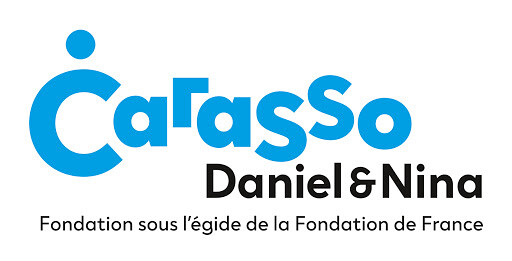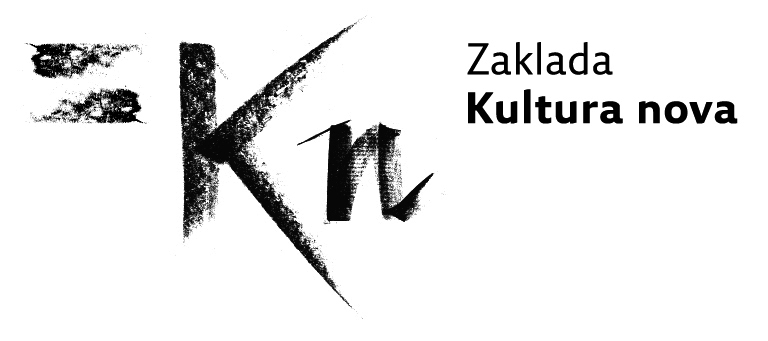CARTAE
An individual and collective support system, operational in Spain and gradually implemented in France. This non-financial support is an additional way to strengthen the impact and transformation capacities of the foundation’s partners – subsidised grantees, and to build a more ecological, inclusive, and fulfilling society.
Climate balances in cultural institutions
Art and culture are crucial in creatively shaping the carbon-zero transformation process and making it tangible through artistic exploration. However, artists and cultural institutions face challenges, such as limited funds, bureaucratic structures, and insufficient knowledge to implement concrete ecological measures. To address these issues, a pilot project serves as a model for creating a climate balance in the cultural sector, providing institutions with an instrument to strive toward climate neutrality. Supported by a nationwide pilot project, 19 cultural institutions from diverse sectors took part in creating a climate balance sheet and assessing their carbon footprint.
Over four months, participating institutions received support in accounting to gain transparency on their CO2 emissions, and specific climate coaching to enhance their environmental practices. Additionally, the project explored how ecological sustainability can be better integrated into the German Federal Cultural Foundation funding system, encouraging broader ecological impact in the cultural sector.
Environmental Programme
In 2012, Arts Council England and Julie’s Bicycle jointly launched the first-of-its-kind Environmental Programme. This programme was designed to support the cultural sector in addressing the challenges of climate and nature crises. Fostering literacy, confidence, and leadership skills empowers cultural professionals to take proactive measures against climate change.
The ambitious Environmental Programme is tailored for National Portfolio Organisations, Investment Principle Support Organisations, and the broader creative and cultural sector. The activities of NPOs and IPSOs primarily revolve around decarbonisation, resilience, justice, and governance. The programme equips NPOs and IPSOs with environmental reporting tools and initiatives, helping them better understand their impact and reduce their ecological footprint. However, the programme aims to go beyond mere reporting and encourages the cultural community to collaborate in taking meaningful and collective action to combat climate change. Additionally, the programme offers an educational Board Environmental Champions programme benefiting board members, and a Leading Resilience programme.
The wider creative and cultural sector can actively participate by gaining free access to training, resources, carbon calculators, and guidance tailored for individual practitioners to support environmental action. Some key activities include transforming energy usage, striving for net zero energy buildings, becoming capital investment-ready, sharing knowledge, and showcasing best practices from different sectors. The programme also offers free carbon calculators, regular training events, workshops, multimedia resources for the enhancement of climate justice understanding, a resource library, and an annual report featuring benchmarking information, news, and case studies.
The Environmental Programme encourages the creative and cultural community to contribute to a sustainable and environmentally conscious future by providing these resources and opportunities.
e+: How to act for the environment (e+: Comment agir pour l’environnement)
This support empowers leaders to address environmental concerns and implement practical, sustainable solutions. It provides complementary assistance to project leaders who have received financial support through various calls for projects. Encouraging active participation in the ecological and solidarity transition enables organisations to contribute on their scale to the UN Sustainable Development Goals (SDGs). The programme offers methodological support from the National Union of CPIEs (Centres permanents d’initiatives pour l’environnement), in collaboration with the Fondation de France. Additionally, participants gain access to an extensive network of experts. The support provided is fully tailored to each organisation’s needs as they discuss the duration, focus areas, and actions collaboratively with their teams and experts.
Fonds Zero
The Fonds Zero programme addresses the often-overlooked climate impact of art while aiming to empower cultural actors in Germany to actively contribute to overcoming the climate crisis. This nationwide sustainability initiative invites cultural institutions, workers, and artists from diverse sectors to engage in three modules: Fonds Zero for open-ended project funding, Akademie Zero for training and qualification, and regional network meetings for knowledge transfer nationwide. With urgent questions about ecological sustainability in mind, the programme seeks to identify key levers for effective and comprehensible action. The German Federal Cultural Foundation is committed to providing €8M for the programme until 2027, encouraging cultural stakeholders to align their actions with climate goals and create a positive impact on the environment.
Fonds Zero aims to support cultural institutions exploring climate-neutral production methods and innovative aesthetics with minimal climate impact. This fund seeks to foster the development and execution of artistically innovative and climate-neutral art and culture projects, promoting awareness and understanding of ecologically sustainable practices within the cultural sector. By encouraging active climate protection, the fund aims to contribute to reorienting the German cultural landscape, reducing greenhouse gas emissions in the long run. It targets institutions and individuals already familiar with ecological sustainability practices, encouraging their commitment and curiosity in exploring climate-friendly alternatives in cultural production.
#TakePlace
The aim of #TakePlace was to support independent performing arts production and guest venues to align their structures in a sustainable manner. The funded measures included the optimisation of processes, actions, and operations to ensure the continuity of artistic activities even during pandemic conditions. The structural projects were intended to foster adaptive resource allocation and restructuring based on the prevailing situation. Emphasis was given to projects incorporating ecological, sustainable, and innovative elements into their operations.


